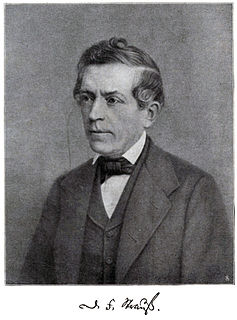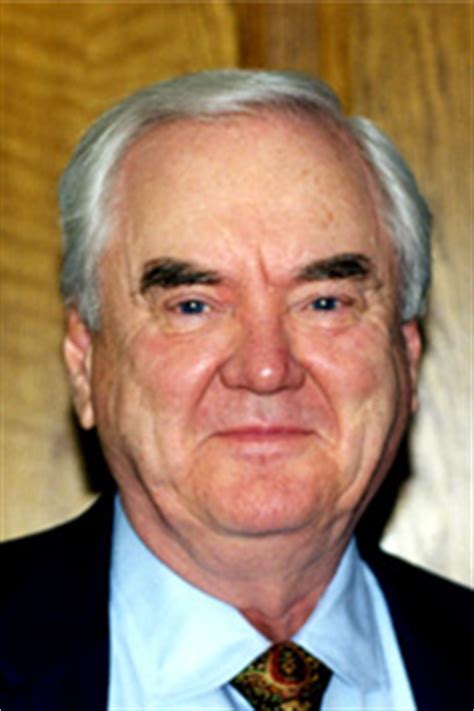A Quote by John Stuart Mill
Miracles have no claim whatever to the character of historical facts and are wholly invalid as evidence of any revelation.
Quote Topics
Related Quotes
The human understanding is a revelation from its maker, which can never be disputed or doubted. There can be no scepticism, Pyrrhonism, or incredulity or infidelity here. No prophecies, no miracles are necessary to prove this celestical communication. This revelation has made it certain that two and one make three, and that one is not three nor can three be one. We can never be so certain of any prophecy, or the fulfilment of any prophecy, or of any miracle, or the design of any miracle, as we are from the revelation of nature, that is, nature's God, that two and two are equal to four.
The facts which our senses present to us are socially performed in two ways: through the historical character of the object perceived and through the historical character of the perceiving organ. Both are not simply natural; they are shaped by human activity, and yet the individual perceives himself as receptive and passive in the act of perception.
A saving knowledge of Christ crucified and risen is not the mere result of right reasoning about historical facts. It is the result of spiritual illumination to see those facts for what they really are: a revelation of the truth and glory of God in the face of Christ-who is the same yesterday today and forever.
If one were to claim that the U.S. occupation forces in Iraq have been provided with "keys to heaven" by the Pentagon, would that need historical research to be disproved or would you just say, "That's just propaganda"? Indeed, how can you disprove the claim that U.S. soldiers have such keys? Or why should you disprove such ridiculous claims? It is the accusers who must provide the evidence.
When a spectator approaches a painting with his own particular set of filters or theories, be they historical, political, intellectual or whatever - he either finds what he is looking for or dismisses the work as irrelevant. He has deprived himself of the possibility of any fresh experience or revelation by looking only for confirmation of that which he already 'knows.







































